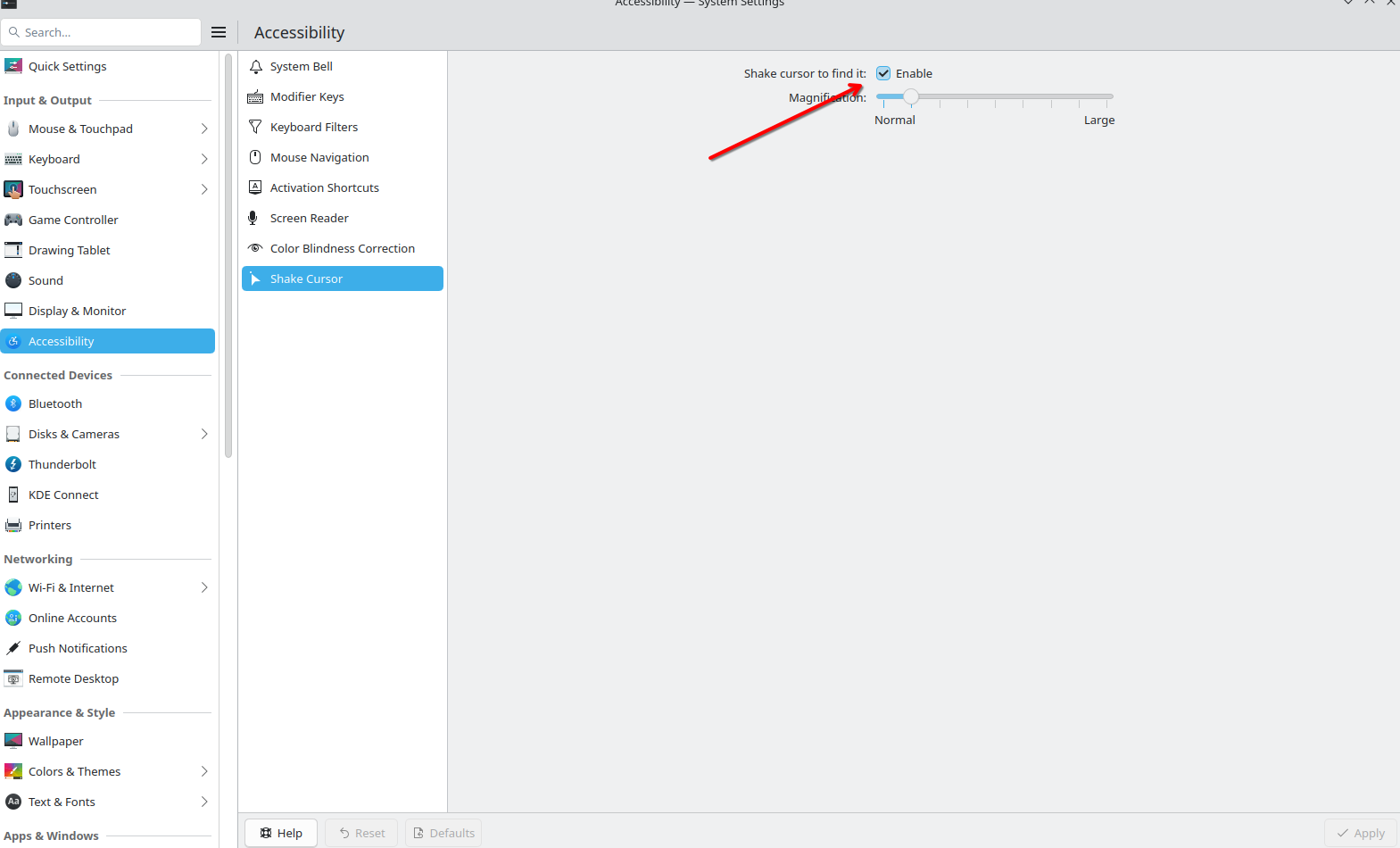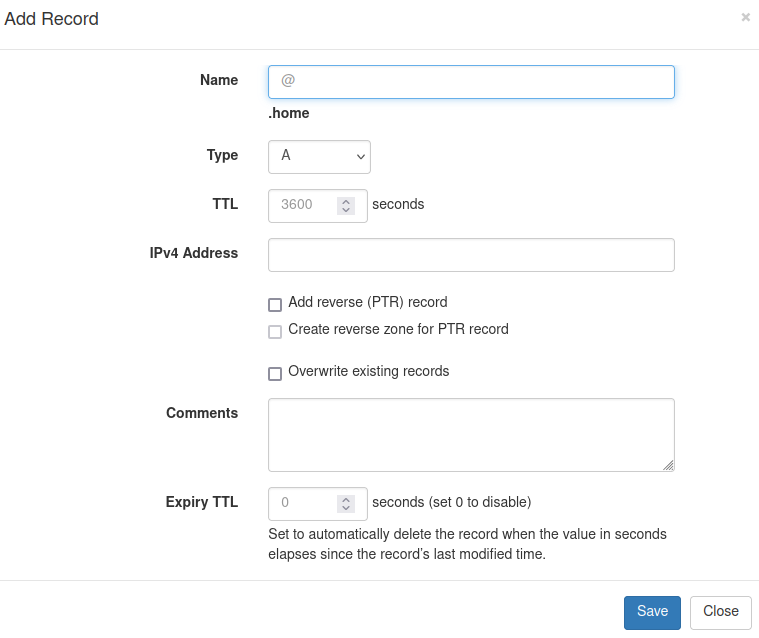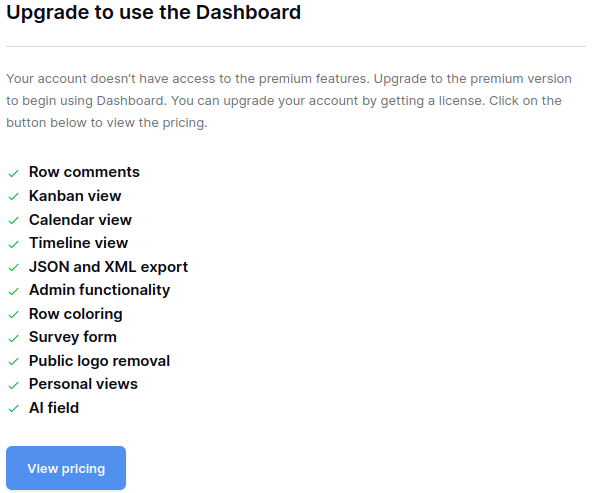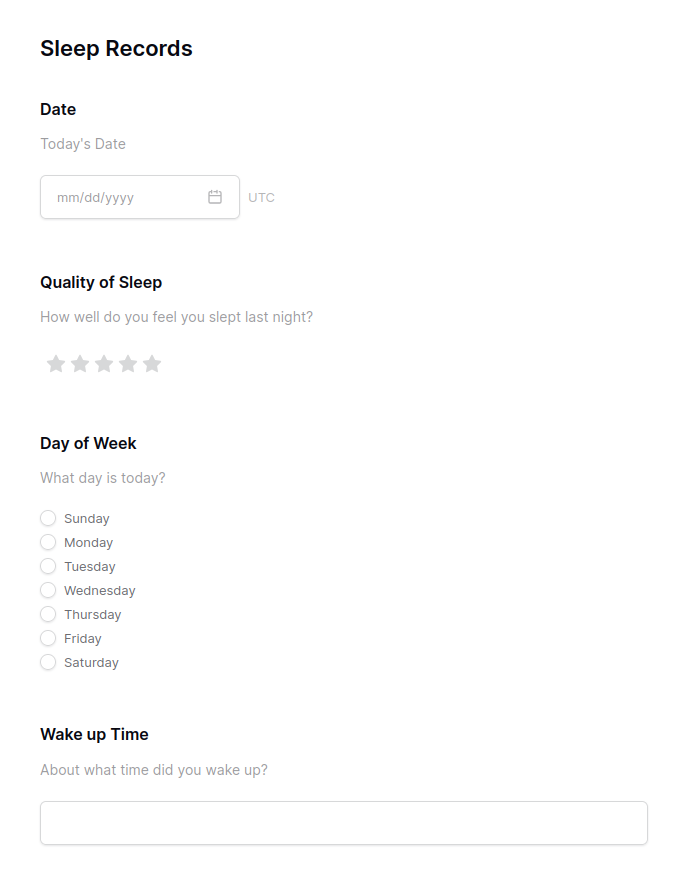I use Aurora Linux which is the sister one to Bazzite, both are Fedora 41 based images. They strongly encourage using the FlatPak approach to installing software. After using it for a few weeks now, I can see why. One of the things with the immutable setup is once you install a program, you have to reboot to get it to run, but with Flatpak, it isn’t so. I think Flatpak has it’s merits - if they have an app which you normally use, then it’s easy enough to install and go.
For the Fedora side of things, you can “layer” apps over it using the rpm-ostree but they encourage you to only do that as a last resort. One of the things they enable you to do is install additional OS’s containerized which integrate with the desktop environment. For example, right now, I can only run Scrcpy in a different OS (That I’ve been able to figure out so far), so I just spin up an Arch OS container and launch it from there, and can interface with my phone normally. As I understand too, the developers plan on disabling layering in a future release. To be honest, I don’t think I have but one thing layered and that’s my Label Printer’s driver.
The benefit for me using the immutable system and this is the hardest thing to grasp for a lot of people including myself is that it truly is set and forget type of updating. With Arch, you can become sort of addicted to checking for new releases, and I’m not going to lie, it’s amazing to get some of the newest releases of your favorite app or browser especially when they fix something. With Arch, it’s generally there. With my system, I turned on auto updates, so it’s not too uncommon to bring the system up in the morning and see that updates have been given (I don’t notice them usually). It’s nice not having to worry about that as much.











In my opinion so far yes, I’ve only been on it a few weeks, but think of the immutable as locking down the root partition and any vital directories to the OS and not allowing your user to modify anything. In the event of a bad update, it’s easy enough to select the previous boot in Grub and be on your merry way.
I have a special needs adult step-daughter who’s PC I manage and I always need to keep it updated, setting it up on their Bluefin version which uses Gnome which she loves. So, I may do it this weekend. She’s currently on Endeavor OS (Arch based) but it keeps getting kernel updates daily it seems and with those a reboot. Additionally, for whatever reason, her system goes to sleep without warning sometimes so if I’m updating it, it’s gone to sleep. (Super weird). I’ve never had it do this before with Standard Arch linux so I think its something to do with Endeaver. I’ve never bothered to troubleshoot it to be honest. With a setup on the BlueFin (Aurora Linux is KDE), enabling Auto updates should be a breeze and then she’s golden for being updated without my intervention.